Theatrical Intimacy and COVID-19
In the midst of a pandemic, theatres and production companies are making impossible choices.
Theatrical Intimacy Education is calling for the suspension of all rehearsals and performances of physical intimacy and touch for the foreseeable future to limit the transmission of COVID-19.
Many theatres and production companies have put production on hold. Others have not, leaving it up to actors to say whether or not they are comfortable participating in moments of intimacy or touch. It is critical to remember that the power dynamics of production are such that actors are unwilling or unable to say no, even if the opportunity is presented to them. This is a result not only of those power dynamics but of economic realities and conditioning from years of being trained to say “yes.”
Our first priority is to support ethical practices. The ethical thing for theatres, production companies, directors, and producers to do at this time is to suspend all rehearsals or performances involving physical intimacy and touch. Leaving it up to the actors puts them in a terrible position where they are forced to choose between their paycheck and the physical health of themselves and the broader community.
The CDC advises staying home. If that is impossible, changing a moment of intimacy from something realistic to a stylized moment performed at a distance may be an option. If you are unsure how to do that, please reach out. We are happy to schedule a time to speak with you about strategies for moving forward. We are offering ourselves as a resource for the community at this time.
Please email us at contact@theatricalintimacyed.com with any questions.
Best,
Chelsea & Laura
Co-Founders and Head Faculty
PDF of Press Release can be found here.
Tomorrow’s Headline
Written with Jason Davids Scott, Assistant Professor of Theatre and Film, Arizona State University
It’s hard to write about the headlines in the news.
Not because we are unaccustomed to headlines about people abusing their power in performance industries, or immune to the stories about careers thwarted, bodies damaged, and lives ruined because of pervasive, unchallenged, and ignored acts of sexual misconduct, humiliation, and abuse.
But we struggle to write because it seems so lacking to make a statement about abuses in the industry that reduce the problem to any one person, or any one company. Focusing one’s wrath on an individual producer, director, executive, or other empowered individual only seems to serve to make each case seem so exceptional, so much a product of intentions and mistakes made by an individual and a small circle of people around them. While such expressions of outrage may be cathartic, the ultimate impact may be unproductive.
Because we all know: this stuff happens all the time. It’s probably happening right now, and today’s headlines about a famous person finally being held accountable for unconscionable and indefensible abuses of power seem to be little deterrence to others who commit such acts far removed from the spotlight or the vision of a journalist investigating a story.
We focus on ethical practices on discussing, staging, and producing sexual intimacy in educational environments because we are tired of the headlines about the industries the students we train are preparing to enter, and we want to make a long-term impact.
We focus our work in academia, because we want to have the opportunity to address the problem at the root: teaching people best practices results in best practices, while ignoring worst practices only perpetuates the systemic invisibility of everyday abuses of power.
In our workshops, classrooms and rehearsal rooms, we see the producers, directors, choreographers, and performers of tomorrow. We teach every single one of them the importance of ethical behavior and to understand power dynamics that extend from director and producer to ensemble to individual performer to audience member. We give them the skills to be the good people in their own rooms in the future, to give them the physical and verbal language and skills to create and maintain their own safe creative spaces. We believe that the skills that we give them also give them the confidence and fortitude to respond to unethical situations where abuse may occur with immediate focus and purposefulness.
If we don’t teach this work, we might be in the room with tomorrow’s headline.
We want today’s worst headlines to happen never - not because the conversation is being ignored and the individual symptoms have been identified, neutralized, and held accountable, but because the causes of the problem of systemic abuse and exploitation have been eradicated, and all creative artists have the language and ability to stop abuse every time it occurs . That’s why we do what we do. It’s about more than staging ethical, efficient, effective intimacy. It’s about teaching emerging artists that there is a better way.


